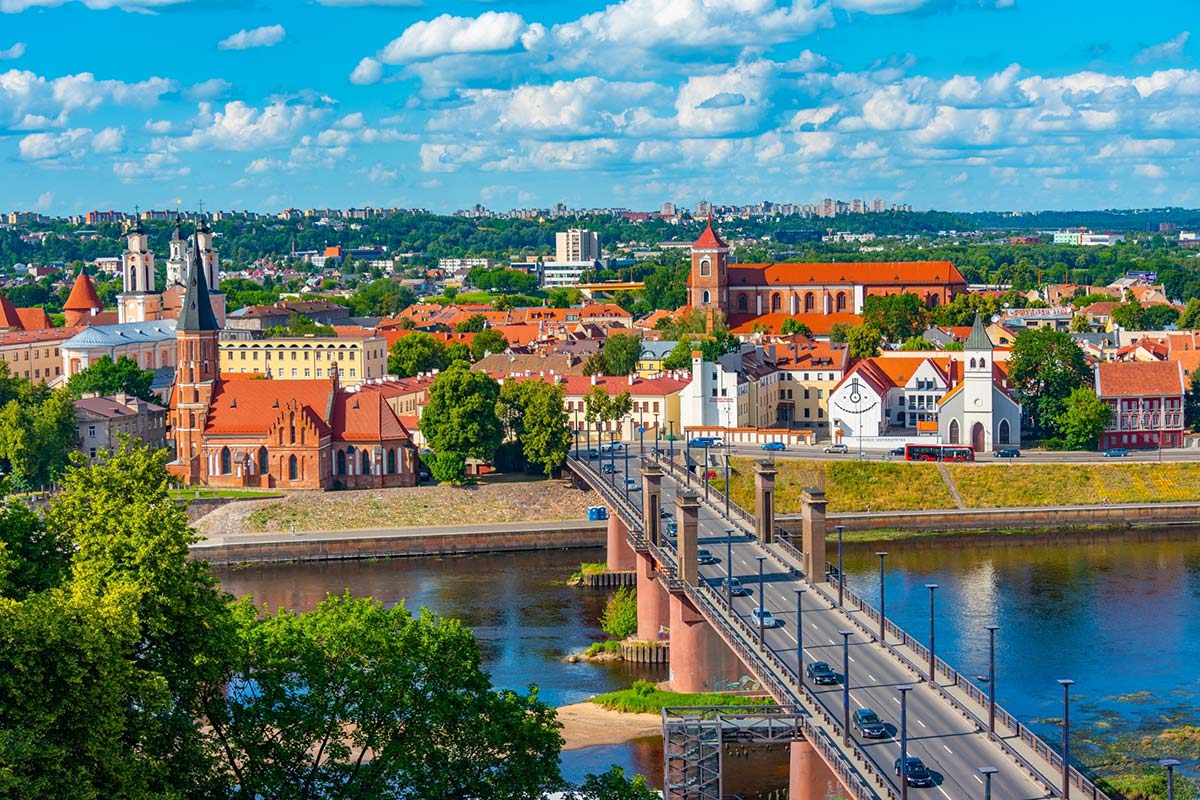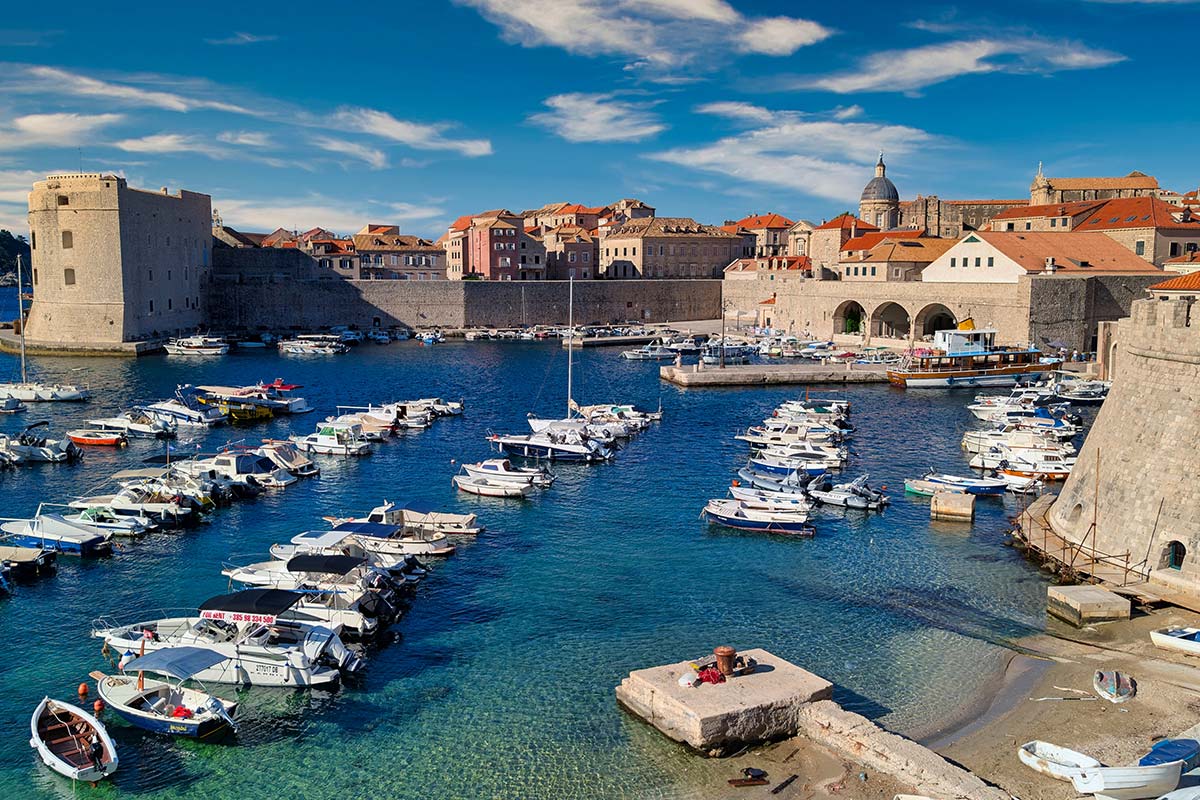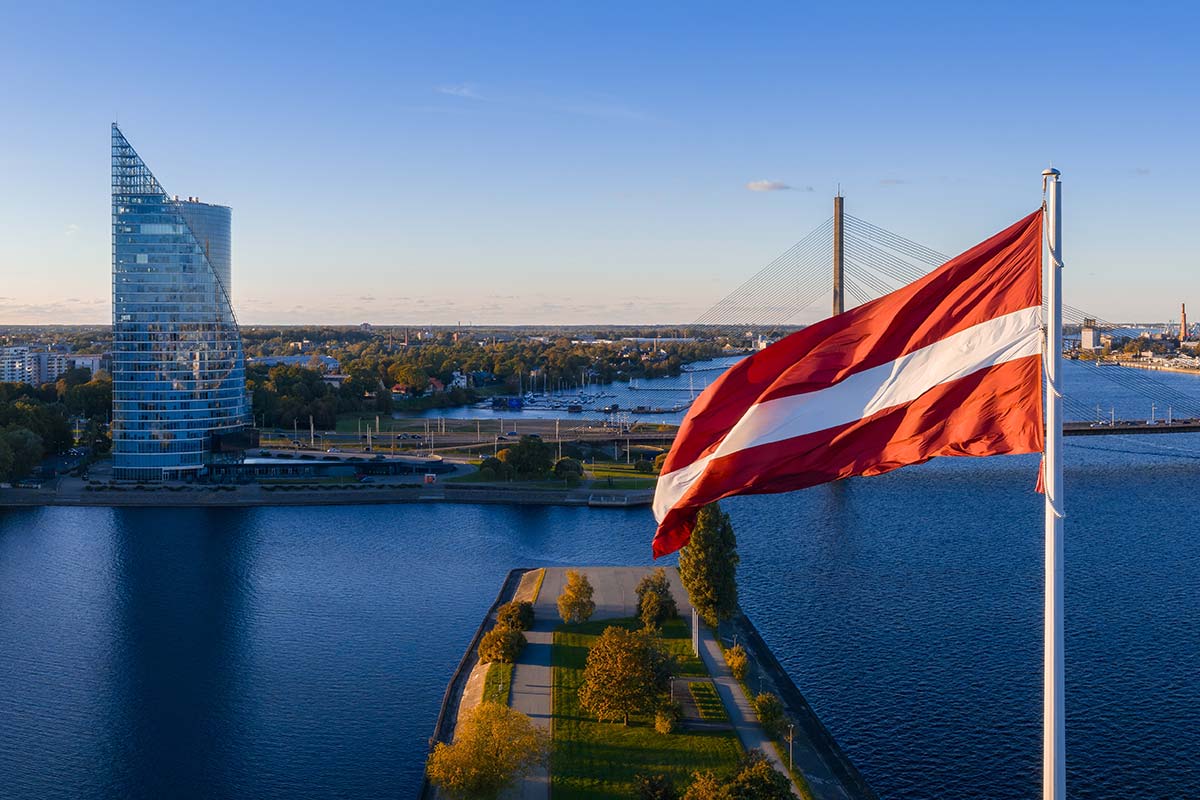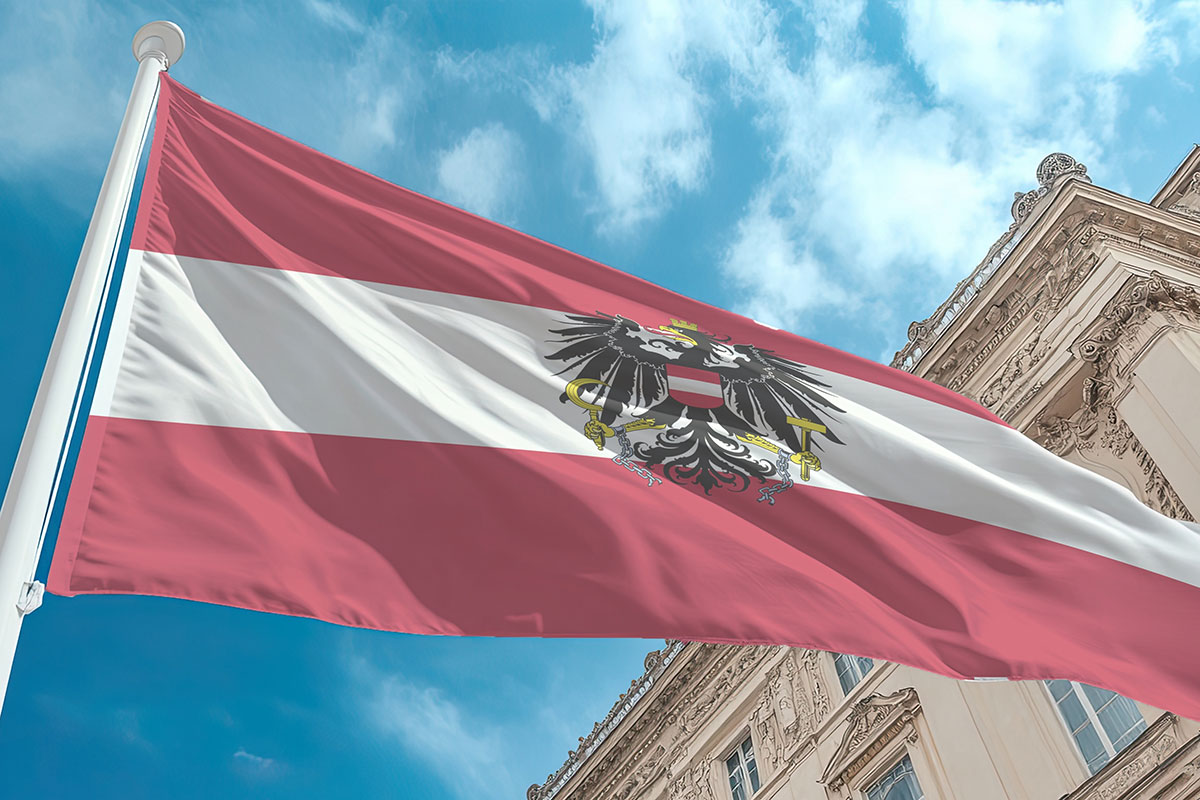Content
A Romanian residence permit is relevant for those planning to move to the country for employment, entrepreneurship, investment, education, or family reunification. Unlike a visa, a residence permit offers broader opportunities and can be extended without the need to leave the country. In most cases, the journey toward permanent residency and, ultimately, citizenship begins with obtaining a temporary residence permit. It is typically issued on Romanian territory after arrival, either with a visa or under a visa-free regime.
However, in some cases, it is possible to bypass the residence permit stage altogether and apply directly for a Romanian passport through a simplified procedure. This special program does not require meeting standard immigration conditions but is available to individuals with specific ties to Romania.
Advantages of a Romanian Residence Permit
If you have a Romanian residence permit, you can:
- Leave and re-enter the country as many times as you wish, move freely throughout Romania, and choose your place of residence independently;
- Legally reside in Romania for the duration of your permit and renew it as needed;
- Work, study, start a business, or engage in other activities permitted by the type of residence permit you hold;
- Access state-provided social benefits on equal terms with Romanian citizens;
- Receive medical care in local clinics under the national health insurance system;
- Open bank accounts, apply for cards, and take out loans from Romanian banks;
- Invite close family members and help them obtain legal stay in Romania based on your residency status;
- Eventually apply for permanent residence and Romanian citizenship.
A residence permit, while offering a legal basis for living in Romania, does not provide the full range of rights available to Romanian citizens and comes with certain limitations. For instance, residency is typically granted for a limited period — starting from 1 year — and must be regularly renewed, requiring you to prove your continued eligibility to remain in the country. In addition, a residence permit does not grant unrestricted access to the labor market: in most cases, a separate work authorization is required. Employment is often tied to a specific employer, making it difficult to change jobs without affecting your legal status.
By comparison, Romanian citizenship removes these restrictions entirely — and can be obtained in as little as 12 months. In such cases, it is often more practical to apply for citizenship directly rather than spend several months securing a residence permit that offers fewer rights and must be renewed annually.
To learn more and receive a personalized offer for fast-track citizenship, book a consultation with our legal team.
Requirements for Obtaining a Romanian Residence Permit
To apply for a Romanian residence permit, you must meet the following requirements:
- Hold a valid travel document that confirms your identity;
- Obtain a health insurance policy that meets Romanian legal standards;
- Undergo a medical examination confirming you do not have any infectious diseases considered a threat to public health;
- Have sufficient financial means to support yourself while residing in Romania (at least the level of the minimum wage, and in some cases—such as entrepreneurs—significantly more);
- Provide proof of accommodation in Romania;
- Pay the applicable government fee;
- Have no record of violating Romania’s immigration laws and pose no threat to national defense or public security;
- Enter and remain in the country legally, with no grounds for a travel ban;
- Provide documentation supporting the legal basis for your residence application.
A residence permit must be applied for on the territory of Romania, through the General Inspectorate for Immigration. If you are eligible to enter Romania without a visa, you may take advantage of this and submit your application before your visa-free stay expires. If visa-free entry does not apply in your case, you will first need to obtain a national long-stay visa (type D) through the Romanian consulate.
The visa must be issued on the same basis as your future residence application. In other words, your activity in Romania during the visa stay must correspond to the purpose declared when applying. In most cases, the residence permit is issued within 1 month, and you may be invited to an interview as part of the process.

Documents Required
To apply for a Romanian residence permit, you will need to prepare the following documents:
- A completed application form (using the official template);
- A valid international passport or other travel document (original and a copy);
- Proof of legal accommodation in Romania (e.g., property ownership documents, lease agreement);
- A valid health insurance policy;
- A medical certificate confirming good health;
- A receipt confirming payment of the applicable government fee;
- Supporting documents that justify the purpose of your stay (such as an employment contract or a university enrollment letter).
Grounds for Applying for a Romanian Residence Permit
A Romanian residence permit can be obtained on various legal grounds, including employment, entrepreneurship, education, and other purposes established by law. After entering the country, you must submit your application no later than 30 days before the expiration of your permitted stay (as defined by your visa or visa-free period). The application is typically reviewed within 30 days, though in some cases the process may be extended by an additional 15 days.
If you are applying for a residence permit based on marriage, the review period may extend up to 90 days due to the need for additional verification (such as ensuring the marriage is not fraudulent). In such cases, your legal stay in Romania is automatically extended for the duration of the review.
Regardless of the grounds for issuance, Romanian residence permits are usually valid for a period ranging from 1 to 5 years. Below are the main legal reasons that allow foreign nationals to enter Romania and extend their stay as residents.
Sign up for a consultation and get legal advice on applying for a European passport
Employment-Based Residency
To work in Romania and obtain a residence permit on the basis of employment, you must first secure a job offer, agree on the terms with the employer, and obtain a valid work permit. The responsibility for initiating the work permit application lies with the Romanian employer, who must file a formal request with the General Inspectorate for Immigration.
When assessing the application, authorities consider whether the foreign applicant possesses the necessary qualifications for the position, whether the employment falls within the allocated quota, and whether the applicant has any criminal record or outstanding obligations to the state. The work permit is typically issued within 30 days, after which you may proceed to apply for a long-stay visa (if required) and a residence permit.
It is essential that the salary stated in your employment contract meets or exceeds the national minimum wage. The duration of the residence permit is tied to the validity of both the work permit and the employment contract.
Study in Romania
Foreign nationals accepted into accredited public or private educational institutions in Romania may apply for a residence permit, provided they are enrolled in full-time studies. Standard residency requirements apply, along with additional documentation proving enrollment and payment of tuition fees for at least 1 academic year. This type of residence permit is also available to doctoral candidates and students participating in recognized exchange programs. The permit is issued for the duration of the academic program.
In some cases, the host institution may assume responsibility for the student’s accommodation and living expenses. If so, the applicant is considered to have met the residency requirements regarding proof of housing and sufficient financial means. Students are also permitted to change their field of study without losing their residence status.
A student residence permit grants the right to work part-time while studying. If a minor is admitted to an educational institution in Romania, parental consent is required for the child to reside abroad.
Starting a Business or Investing in Romania
To obtain a Romanian residence permit through business registration, you must either be a shareholder in a registered company or hold a managerial or administrative position within it. You will need to submit documentation such as the company’s registration certificate and articles of incorporation. Additionally, approval must be obtained from the Romanian Agency for Investments and Foreign Trade. Only after receiving this approval can you apply for a long-stay visa and subsequently a residence permit.
In addition to meeting the general requirements, entrepreneurs must prove legal ownership of a commercial space for their business activities and demonstrate sufficient financial means at elevated thresholds—€500 per month for managers and €700 per month for shareholders.
The initial residence permit is valid for 1 year and can be extended for the same period. When applying for renewal, you must show that your business operations are progressing in line with the submitted business plan. Although there is no mandatory minimum investment for obtaining a residence permit, certain privileges are granted to those who make substantial contributions. For example, if you invest at least €500,000 or create 50 full-time jobs, your residence permit may be extended for 3 years instead of 1.

Marriage with a Romanian Citizen or Resident
Spouses of Romanian citizens, legal residents, or beneficiaries of international protection may apply for a residence permit based on their marital relationship. Refugees are allowed to reunite with their spouse only if the marriage was concluded prior to the granting of protection status. In addition to the standard requirements, applicants must submit documentation confirming the marriage and proof of cohabitation with their partner. In such cases, the financial means and housing requirements may be fulfilled by the sponsoring partner. Polygamous or multiple concurrent marriages are not recognized under Romanian law.
Not only legal spouses but also unmarried partners of Romanian citizens may apply for residency—provided the couple has a child in common. For spouses of temporary residents, the residence permit is issued for a period matching that of the sponsoring partner. For spouses of permanent residents or citizens, the permit may be granted for up to 5 years.
As part of the review process, immigration authorities assess the authenticity of the relationship and seek to rule out any risk of marriage fraud. Even if the marriage is later dissolved, the foreign spouse may, under certain conditions, remain in Romania and continue residing legally.
Family Reunification
Family reunification is permitted for temporary and permanent residents, refugees, and Romanian citizens. In addition to spouses (covered in the previous section), the following categories of relatives may be eligible to join the sponsoring resident:
- Minor, unmarried children;
- Parents of the sponsor or of the sponsor’s spouse, provided they are unable to support themselves and have no other family support in their country of origin or residence;
- Adult children who are unable to support themselves due to health conditions.
Residents holding a Romanian residence permit based on education may invite their spouse and minor children only if the marriage took place prior to the issuance of their residence permit.
Applicants must meet the general requirements for obtaining residency, while the sponsor must submit a formal statement of commitment to host the family members and provide proof of their legal status in Romania. If there are doubts regarding the claimed relationship, the authorities may request additional documentation to verify family ties.
Conducting Scientific Research in Romania
If you are accepted into a research project by a Romanian institution, you may apply for a residence permit based on your scientific activity. A hosting agreement must be signed between the research institution (such as a university) and the researcher. This agreement serves as the basis for obtaining approval from the National Authority for Scientific Research, followed by the issuance of a residence permit by the immigration authorities.
The residence permit is granted for the duration specified in the hosting agreement, but for no more than 5 years. In addition, applicants must provide a criminal record certificate confirming the absence of any convictions.
Holders of a residence permit for research purposes are also allowed to engage in teaching activities during their stay in Romania.
Religious or Humanitarian Missions
In addition to meeting the general requirements, applicants seeking a Romanian residence permit for humanitarian or religious purposes must provide proof of their professional qualification within the sponsoring organization, as well as a clean criminal record.
Once the scope of future activities has been agreed upon by both parties, an official opinion must be obtained from the Ministry of Culture and Religious Affairs or the Interministerial Commission for the Coordination and Support of Humanitarian Activities. These documents must be included in the application file for the residence permit and, if necessary, for the visa.
For this category of residence, proof of financial means is not required. The permit is granted for the period specified in the official notification provided by the host organization.
Other Grounds for Obtaining a Romanian Residence Permit
Romanian legislation also provides for additional legal grounds on which a residence permit may be granted. These include business travel assignments, long-term medical treatment, serving as an administrator of a commercial company, unpaid vocational training within companies, participation in volunteer programs, and other forms of lawful activity.
In each case, applicants must meet the general eligibility requirements and provide documentary evidence of the purpose of stay — for example, a secondment letter, a training agreement with a host company, or documentation confirming medical treatment.
The validity period of the residence permit depends on the specific reason for your stay. For instance, volunteers and individuals participating in industrial training programs may be granted a permit for a maximum of 1 year, usually without the option of renewal.
Cost of Obtaining a Romanian Residence Permit
When applying for a Romanian residence permit, a government fee of 259 RON (€52) must be paid. If you are not eligible for visa-free entry, you will also need to obtain a long-stay visa, which costs €120. Additional expenses — amounting to several hundred euros — may arise during document preparation (such as making copies, translations, and legalizations). Keep in mind that each time your residence permit is renewed, the same 259 RON (€52) fee applies, along with possible costs for assembling a new application file.
From a long-term perspective, residency-related expenses can be significant — especially for those planning to remain in Romania until qualifying for citizenship. In addition to administrative fees, you will need to cover the ongoing cost of living, including rent, food, and daily expenses. While foreign residents are legally entitled to certain forms of social assistance, it is generally advised not to rely on them before obtaining citizenship, as Romanian authorities assess your financial self-sufficiency as part of the naturalization process.
By contrast, Romanian citizenship can be acquired at a much lower cost under the simplified procedure. Official fees are minimal — only 90 RON (€18) for the citizenship certificate — and the only additional expenses are related to two trips to Romania: one to submit your documents, and another to take the oath of allegiance. Compared to the long and costly naturalization route, this path allows you to obtain Romanian citizenship for a fraction of the cost — almost free of charge.
To find out whether you qualify for the simplified citizenship program and can skip the residence permit stage entirely, speak with our legal specialists.
How to Relocate to Europe Without a Residence Permit
It is commonly believed that moving abroad — especially to a European country — must begin with obtaining a visa and residence permit. However, there are alternative legal pathways that do not require a residence permit. This is not about purchasing a passport through high-cost investment programs, which often demand hundreds of thousands of euros.
You can legally live, work, start a business, and access public services in any EU country by acquiring citizenship of an EU member state. And in some cases, this can be achieved through a simplified procedure — without holding a residence permit, without speaking the local language, without years of prior residence, and without significant financial investment.








